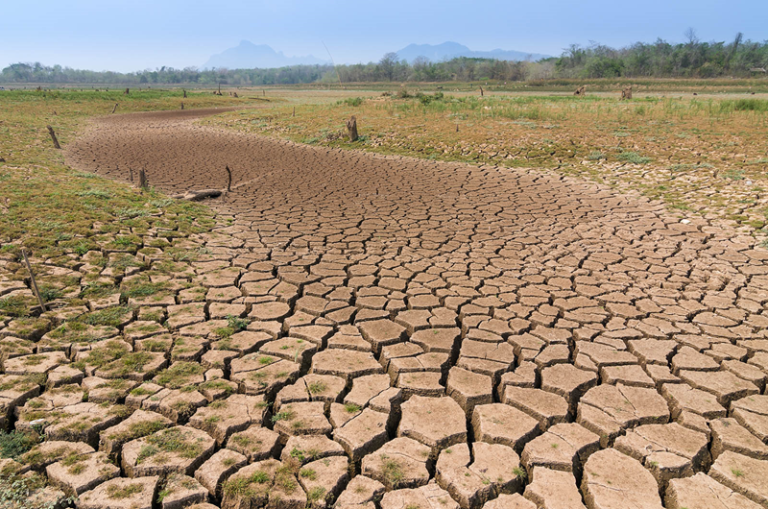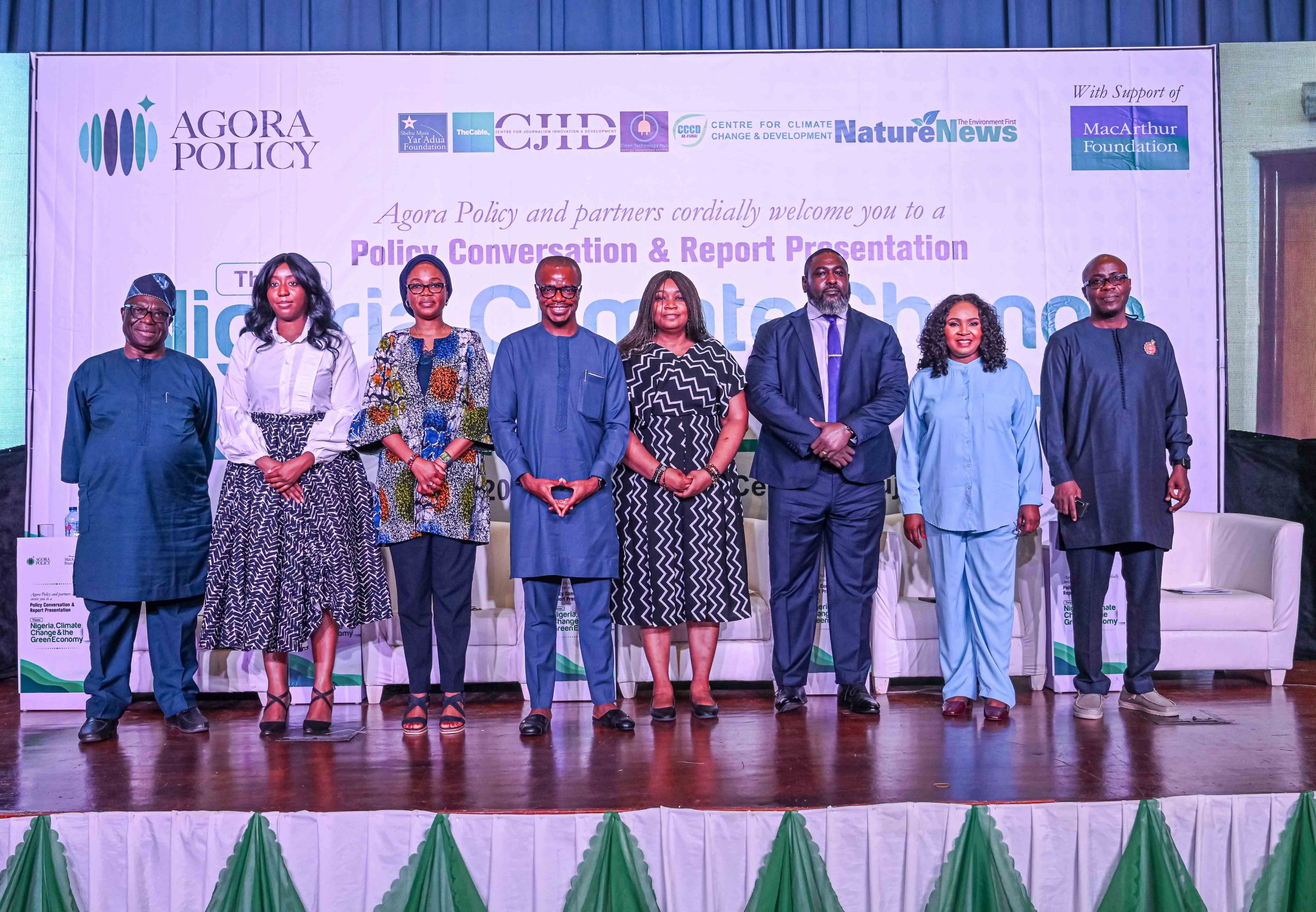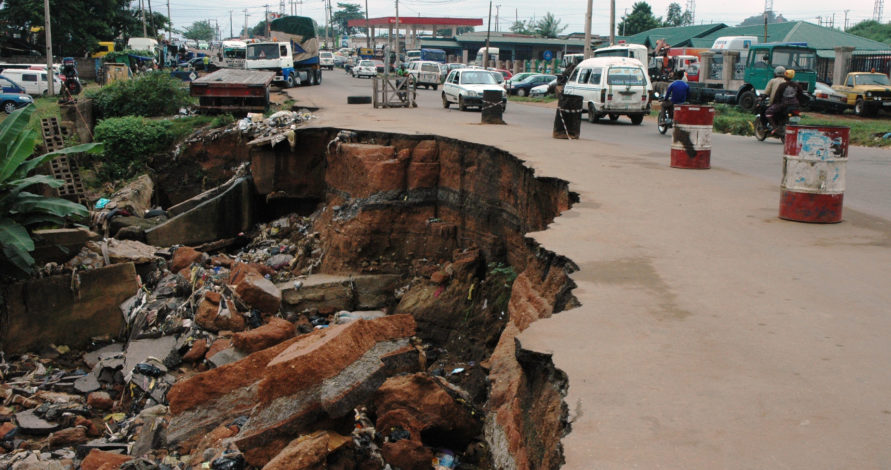Climate change is increasing hunger, poverty, disease-burden, migration, conflict and insecurity in Nigeria. It is damaging infrastructure, changing Nigeria’s coastlines, fuelling desertification, producing water scarcity, facilitating erosion and resulting in the loss of revenue for states and the national government. The total economic cost of climate change to Nigeria was estimated at $100 billionby 2020 and is projected to rise to $460 billion by 2050. Climate change may also cause Nigeria to lose trillions of dollars in stranded assets.
With these far-reaching negative effects on Nigeria’s human and natural systems, climate change has the potential to jeopardise the country’s economic development and alter its geographical, social, and political trajectory for decades or centuries. Some of the repercussions of climate change on the nation may be irreversible. Therefore, it should be evident that climate change is not a marginal or peripheral issue that the government and the people of Nigeria can take lightly.
Even though climate change poses significant threats to Nigeria’s economic development, it also presents an opportunity to further diversify the economy, expand the country’s energy portfolio, address energy security concerns, and increase global economic competitiveness. To transform climate change from a significant threat into an opportunity requires deliberate planning supported by immediate, bold and courageous action.
There is evidence that successive Nigerian governments recognise the enormous threat of climate change and the necessity for action, as indicated by a plethora of policy declarations, documents, and a national climate change law. However, actual action is still behind schedule. The government has not yet established a clear roadmap for the effective and comprehensive implementation of key policies and commitments, and there are no clear budgetary provisions for their implementation.
Transitioning to a green economy is a complex endeavour that requires meticulous planning, stakeholder participation, and a dedication to sustainable development. Leveraging climate action to pursue economic development in Nigeria is not only a viable but essential strategy. Incorporating climate considerations into economic development strategies can result in more inclusive and sustainable growth.
Such a move can provide Nigeria with excellent opportunities to construct a climate-resilient economy that not only promotes growth and reduces poverty, but also creates good green jobs and contributes to the reduction of greenhouse gas emissions and environmental sustainability. By proactively addressing the issue of stranded assets, Nigeria will also be able to position itself for a more resilient and prosperous future.
The emphasis should be on finding methods to industrialise and transition without substantially increasing the country’s emission profile. To accomplish this, Nigeria will need to implement mitigation and adaptation strategies that considerably enhance its macroeconomic stability, economic transformation and job creation, while minimising the negative impacts of climate change on development.
The global transition from a high-carbon economy to a low-carbon economy is already well underway through a multitude of international and national initiatives many of which are led by high-polluting industrialised nations that are keen to transform their economies and position their countries as net beneficiaries of the new global green economy. These strategies and investments will inevitably alter the global political, economic and geopolitical landscape, producing winners and losers across the world.
Whether Nigeria will swim or sink in the face of climate change and the global green growth transition will depend on its willingness to take urgent action now and re-align its national development strategies towards a low-carbon economic future.
*Excerpted from the latest Agora Policy report titled “Climate Change and Socio-Economic Development in Nigeria,” authored by Professor Chukwumerije Okereke, Professor Emmanuel Oladipo, Ms. Ifeoma Malo and Dr. Fola Aina.




